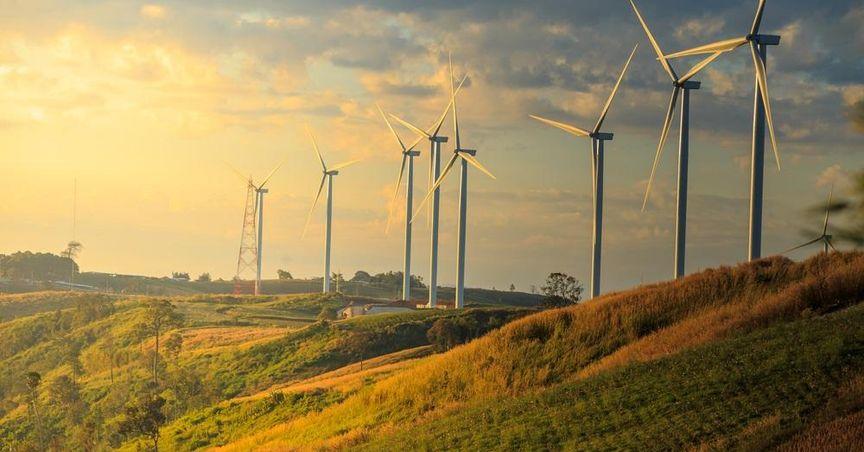Highlights
LON:SSE, listed on the FTSE 100, remains a key player in the renewable electricity sector.
The company continues to develop its green energy pipeline, focusing on wind, hydro, and expanding into battery and solar.
Part of the FTSE Dividend Yield, LON:SSE maintains dividend despite near-term financial adjustments.
Electricity providers form a crucial segment of the FTSE 100, offering long-term resilience due to the essential nature of power generation. One such company, (LON:SSE) (SSE plc), operates across the UK and Ireland, maintaining a portfolio rooted in both renewable and conventional energy sources. Its presence in the power supply chain has made it an influential name among FTSE Dividend Yield contributors.
Diverse Renewable Strategy Backed by Wind and Hydro
LON:SSE's renewable segment has been strategically structured to include a diverse mix of technologies. A large portion of its green capacity is derived from onshore and offshore wind installations. The company also utilises hydroelectric generation and retains some involvement with gas-fired plants. This combination provides operational flexibility, especially in periods when wind patterns may impact output.
Efforts are also underway to broaden the renewable mix further. LON:SSE has outlined expansion into solar energy and battery storage, which can support grid stability and storage efficiency during fluctuating demand or weather-related interruptions. These diversification efforts aim to reduce the dependence on any single source of renewable generation.
Infrastructure Development Amid Market Fluctuations
While developing its infrastructure pipeline, LON:SSE has encountered challenges related to external market conditions. Supply chain delays, high financing costs, and increased construction expenditures have prompted strategic revisions. The organisation has scaled back previously outlined investment plans to adapt to the financial environment, maintaining focus on selective and impactful project delivery.
Despite these adjustments, falling inflation and moderating interest rates could improve future project feasibility. Moreover, slower renewable expansion in some international markets may relieve pressure on global supply chains, indirectly benefiting developers such as LON:SSE.
Policy Alignment and Regulatory Momentum
LON:SSE continues to align its expansion strategy with the UK’s broader decarbonisation goals. Government frameworks, including Net Zero commitments, reinforce demand for low-carbon infrastructure. Scheduled Contracts for Difference (CFD) auctions remain an important revenue mechanism, where companies bid for multi-year subsidies to deliver low-emission power. A reduction in domestic electricity capacity may also drive higher pricing at upcoming auction rounds, strengthening commercial prospects.
Dividend Performance and Allocation Adjustments
As part of its long-term planning, LON:SSE rebased its dividend structure during the previous financial year. This move was aimed at reallocating capital towards grid-scale project development. Despite the adjustment, the firm remains featured within FTSE Dividend Stocks, sustaining shareholder returns while prioritising future-oriented spending.
Dividend policy within energy infrastructure firms can evolve as project requirements change. However, the company’s continued presence among key FTSE dividend contributors reflects ongoing income distribution even amid capital rebalancing.
Forward Momentum in Capacity Expansion
LON:SSE's active development portfolio includes gigawatt-scale plans across a combination of technologies. The expanding pipeline is designed to support long-term output growth, while also enhancing the operational resilience of its generation mix. By investing in battery storage and solar development, LON:SSE intends to strengthen its footprint across both established and emerging segments of the renewable energy landscape.
As market dynamics and policy developments continue to influence the energy transition, LON:SSE remains integrated within the broader objectives of the UK's low-carbon transformation while continuing its role as a FTSE 100 electricity supplier.





